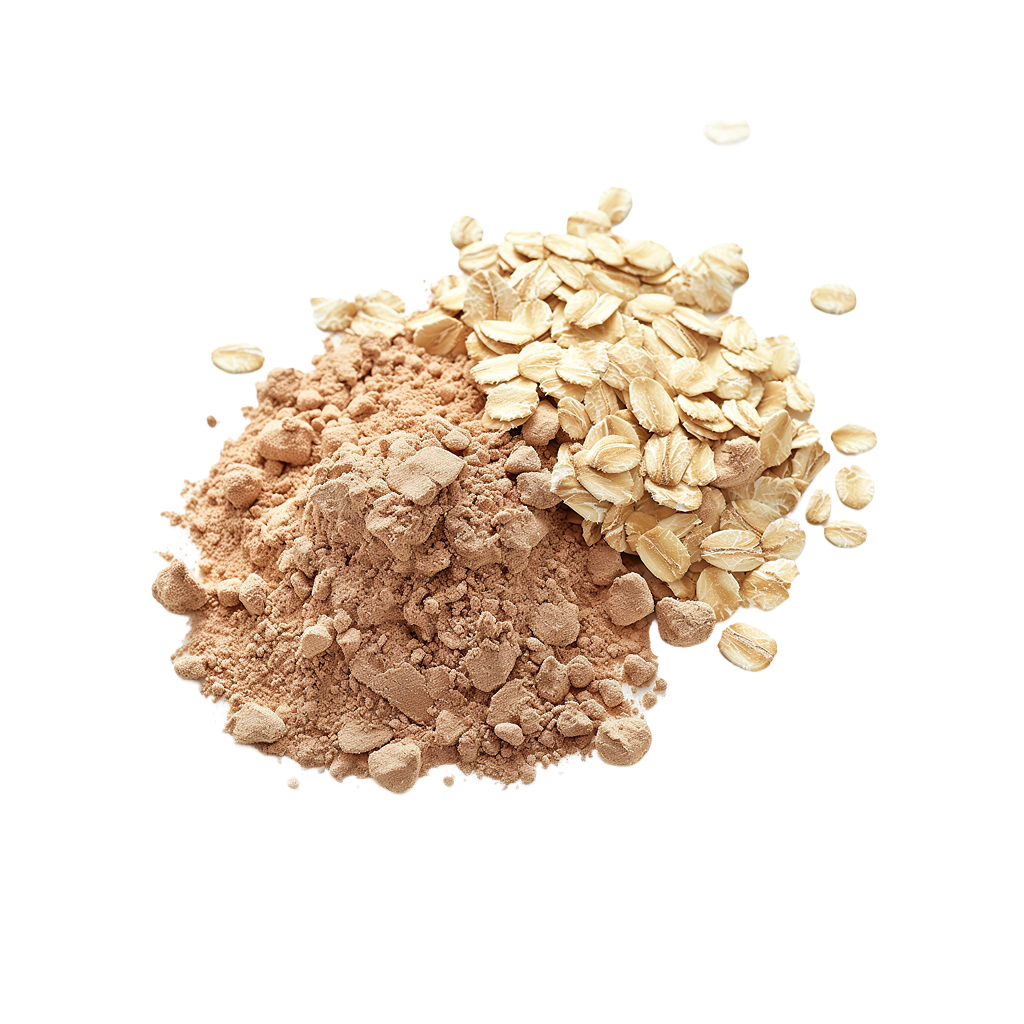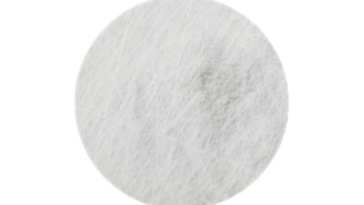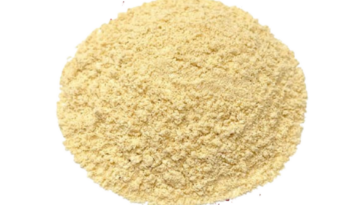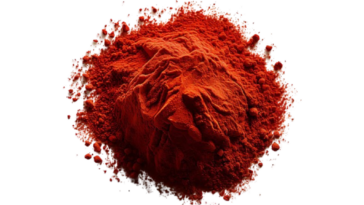Oat fiber powder, derived from Avena sativa, has its origins deeply rooted in the cultivation and utilization of oats, one of the oldest cultivated grains. Avena sativa, commonly known as the common oat, has been cultivated for centuries primarily as a food source due to its high nutritional value and adaptability to various climates. Historically, oats have been a staple crop in many regions, particularly in Europe and North America, where they were consumed as porridge, oatmeal, and in various baked goods.
The extraction and refinement of oat fiber into a powder form emerged as a response to the growing demand for dietary supplements and food additives that offer health benefits. Oat fiber powder is primarily composed of insoluble fiber, which is known for its ability to promote digestive health, regulate blood sugar levels, and support weight management. As the understanding of the importance of dietary fiber in maintaining overall health grew, so did the popularity of oat fiber powder as a convenient and versatile way to incorporate fiber into various foods and beverages. Today, oat fiber powder is widely used in the food industry as a functional ingredient, enhancing the nutritional profile of products ranging from bread and cereals to protein bars and smoothies.
Vitamins & Minerals:
Oat fiber powder derived from Avena Sativa, commonly known as oats, contains a range of vitamins and minerals vital for human health. While the exact composition may vary depending on processing methods and specific brands, oats are typically rich in B vitamins such as thiamine (B1), riboflavin (B2), niacin (B3), pantothenic acid (B5), pyridoxine (B6), and folate (B9). These B vitamins play essential roles in energy metabolism, nerve function, red blood cell production, and DNA synthesis. For instance, thiamine aids in converting carbohydrates into energy, while folate is crucial for cell division and fetal development during pregnancy. Riboflavin and niacin contribute to maintaining healthy skin, eyes, and nervous system function, while pyridoxine supports neurotransmitter synthesis, aiding in mood regulation and cognitive function.
In addition to B vitamins, oat fiber powder also contains minerals like calcium, iron, magnesium, phosphorus, potassium, and zinc. Calcium is essential for bone health and muscle function, while iron is crucial for oxygen transport in the blood. Magnesium plays a role in hundreds of biochemical reactions in the body, including muscle and nerve function, blood sugar regulation, and blood pressure management. Phosphorus is a structural component of bones and teeth, and it also participates in energy production. Potassium helps regulate fluid balance, muscle contractions, and nerve signals, contributing to heart health. Zinc is involved in immune function, wound healing, DNA synthesis, and cell division. Incorporating oat fiber powder into the diet can thus provide a diverse array of essential nutrients to support overall health and well-being.
Probiotic, Prebiotic, or Postbiotic:
Oat fiber powder primarily consists of insoluble fiber, which means it’s not a direct source of probiotics, prebiotics, or postbiotics itself. However, it can indirectly support the growth and activity of probiotics in the gut due to its prebiotic properties.
- Prebiotic: Oat fiber powder contains a type of soluble fiber called beta-glucan, which acts as a prebiotic. Prebiotics are non-digestible fibers that serve as food for beneficial bacteria in the gut. When you consume oat fiber powder, it passes through the digestive system largely intact until it reaches the colon, where it becomes fermented by the gut microbiota. This fermentation process produces short-chain fatty acids (SCFAs) like butyrate, acetate, and propionate, which serve as fuel for beneficial gut bacteria, thus promoting their growth and activity.
- Probiotic: While oat fiber powder itself is not a probiotic (live beneficial bacteria), the fermentation of its soluble fiber by the gut microbiota can indirectly support the growth and activity of probiotics. By providing a favorable environment for probiotics to thrive, oat fiber powder can contribute to a healthier balance of gut bacteria.
- Postbiotic: Postbiotics are the metabolic byproducts of probiotic bacteria or the substances released when probiotics interact with the gut microbiota. Since oat fiber powder can promote the growth of probiotics and the production of SCFAs through fermentation, it indirectly contributes to the production of postbiotics. These postbiotics, particularly SCFAs, play essential roles in maintaining gut health, modulating the immune system, and influencing various physiological processes in the body.
In summary, while oat fiber powder itself is not a probiotic, prebiotic, or postbiotic, its consumption can indirectly support gut health by acting as a prebiotic, promoting the growth of probiotics, and contributing to the production of beneficial postbiotics through fermentation in the gut.
Dietary & Health Information:
Oat fiber powder, derived from Avena sativa, offers several health benefits and is a popular addition to various diets. Here’s a breakdown of its dietary and health information, including recommended intake:
- Fiber Content: Oat fiber powder is rich in dietary fiber, particularly beta-glucan, which is known for its cholesterol-lowering effects and promotion of digestive health. Fiber is essential for maintaining regular bowel movements, preventing constipation, and supporting overall gut health.
- Low Calorie: Oat fiber powder is low in calories, making it a suitable option for those looking to manage their weight or control calorie intake. It can be used as a bulking agent in recipes to add volume without significantly increasing calorie content.
- Blood Sugar Regulation: The soluble fiber in oat fiber powder may help regulate blood sugar levels by slowing down the absorption of sugar into the bloodstream. This can be beneficial for individuals with diabetes or those at risk of developing diabetes.
- Heart Health: Regular consumption of oat fiber powder may contribute to heart health due to its ability to lower cholesterol levels. Beta-glucan fiber has been shown to reduce LDL cholesterol levels, thereby reducing the risk of cardiovascular diseases.
- Appetite Control: The high fiber content of oat fiber powder can promote feelings of fullness and satiety, which may help in controlling appetite and preventing overeating.
- Gluten-Free: Oat fiber powder is naturally gluten-free, making it a suitable option for individuals with gluten sensitivities or celiac disease. However, it’s essential to ensure that the oat fiber powder is produced in a facility that processes gluten-free oats to avoid cross-contamination.
- Maximum Intake: While oat fiber powder is generally safe for consumption, it’s essential to follow recommended serving sizes. Excessive intake of fiber supplements can lead to gastrointestinal discomfort, bloating, and diarrhea. It’s advisable to start with a small amount, such as a teaspoon, and gradually increase intake while monitoring how your body responds.
- Hydration: It’s crucial to drink an adequate amount of water when consuming oat fiber powder to help prevent constipation and ensure proper digestion. Fiber absorbs water in the digestive tract, so sufficient hydration is necessary to support its beneficial effects.
As for the maximum intake per day, it can vary depending on individual tolerance and dietary needs. However, a general guideline is to aim for around 25-30 grams of fiber per day for adults. It’s best to consult with a healthcare professional or nutritionist to determine the appropriate dosage based on your specific health goals and requirements.




 No products in the cart.
No products in the cart.